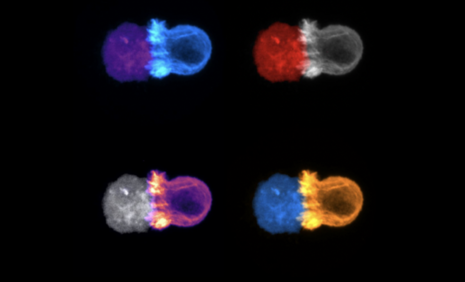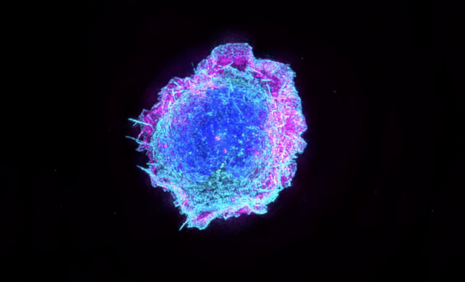Analysis of the mechanisms involved in the inhibitory effects of PD-1
Upon T cell receptor (TCR) stimulation, excessive T cell activation is dampened by inhibitory receptors, also called immune checkpoints, such as PD-1. These “breaks” to T cell activation prevent autoimmunity. Yet, these inhibitory signals also dampen desired anti-tumor responses in patients. Targeting the inhibitory pathways with blocking antibodies has been used with success to treat cancers. Unfortunately, these checkpoint therapies are not efficient in all cancer patients. In spite of the compelling studies on the inhibitory effects of PD-1 on T cell activation and the many studies on the clinical effects of PD-1 targeted immunotherapy, the mechanisms at the root of PD-1 inhibition of T cell activation are still only partially understood.
Our goal is to characterize the effect(s) of PD-1 engagement on the formation of the immune synapse, i.e. the structure formed between T lymphocytes and antigen presenting cells (APC). We are concentrating on how PD-1 engagement modifies - the cytoskeleton and thus morphology of the T lymphocytes; the forces developed by T lymphocytes on the APC. Our study should reveal new mechanisms by which PD-1 inhibits T cells and potential targets to enhance the PD-1 based immunotherapy.


